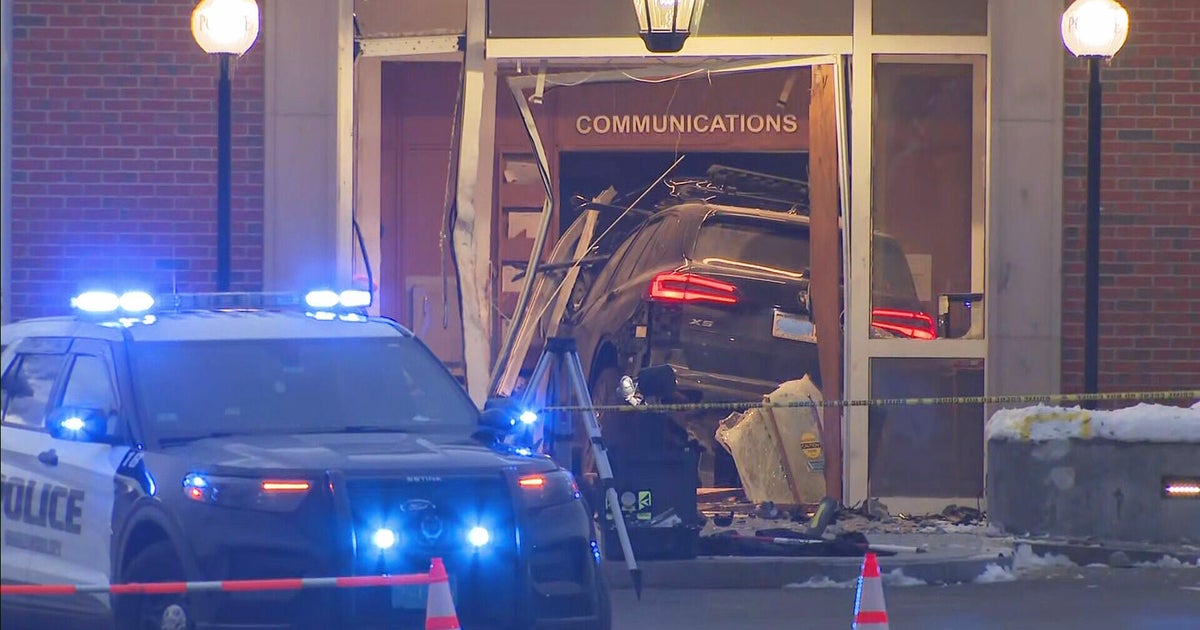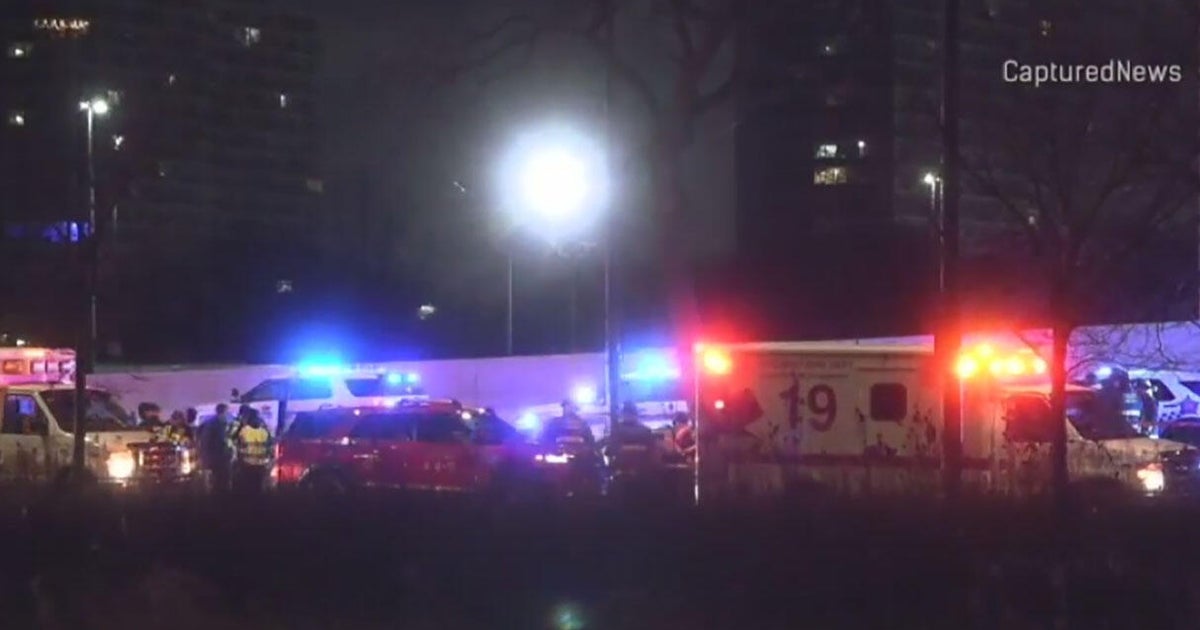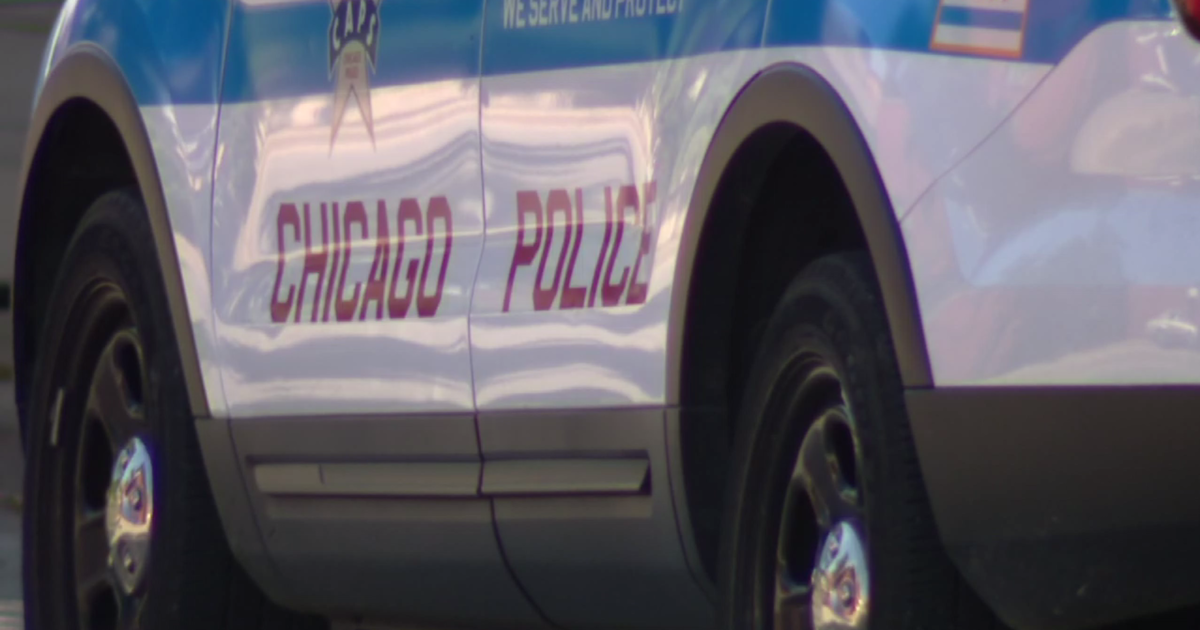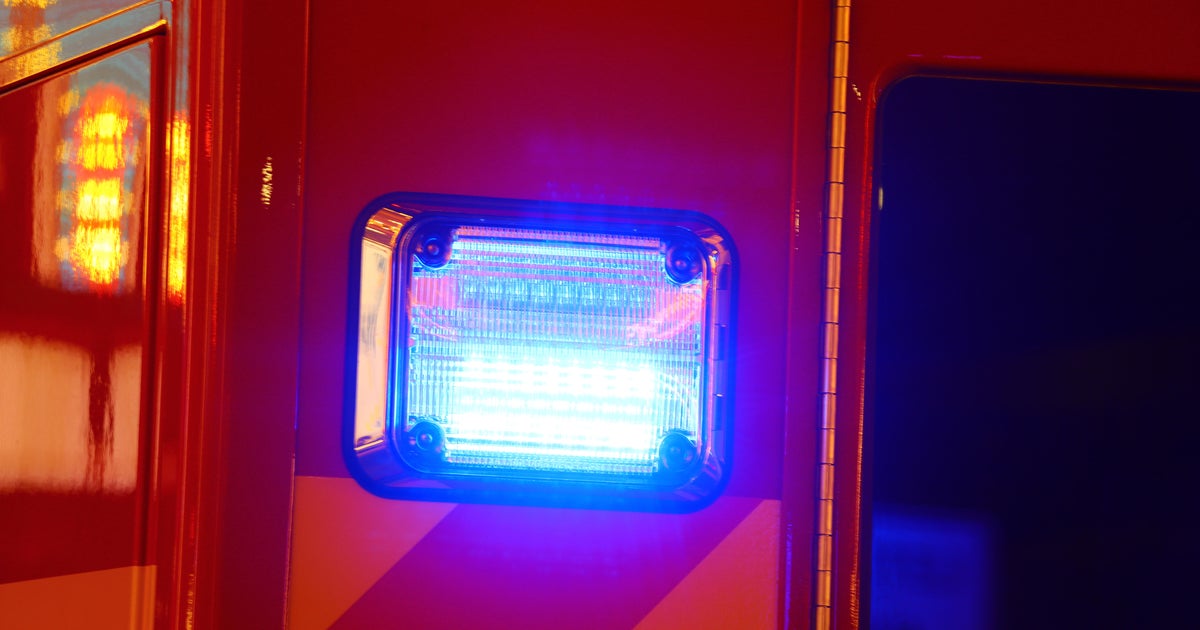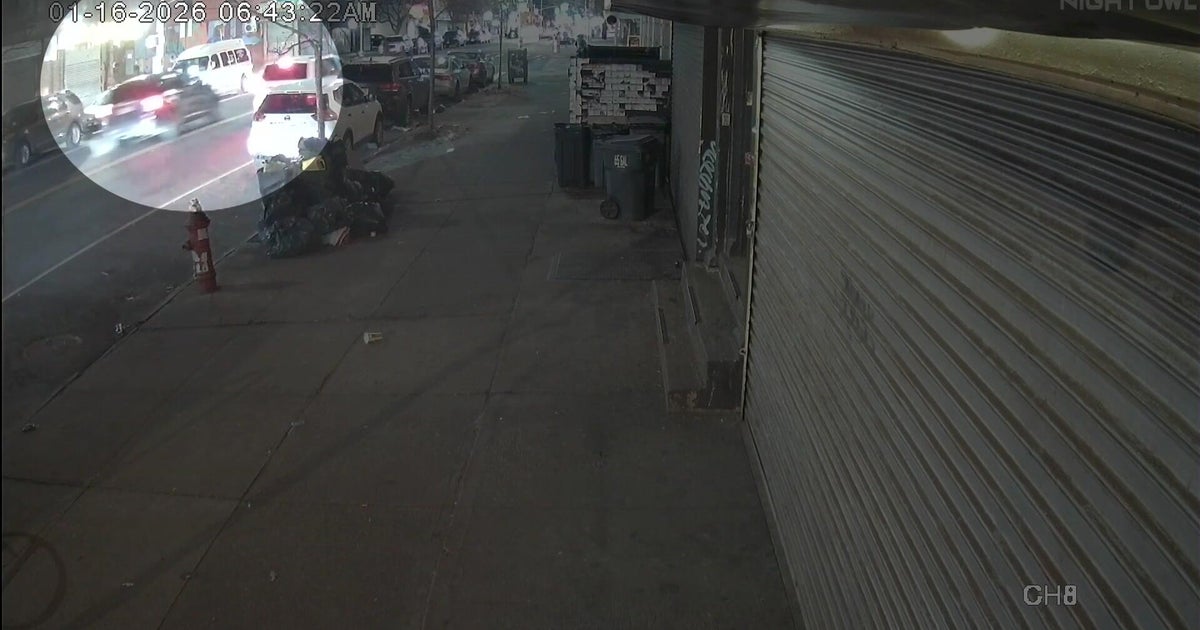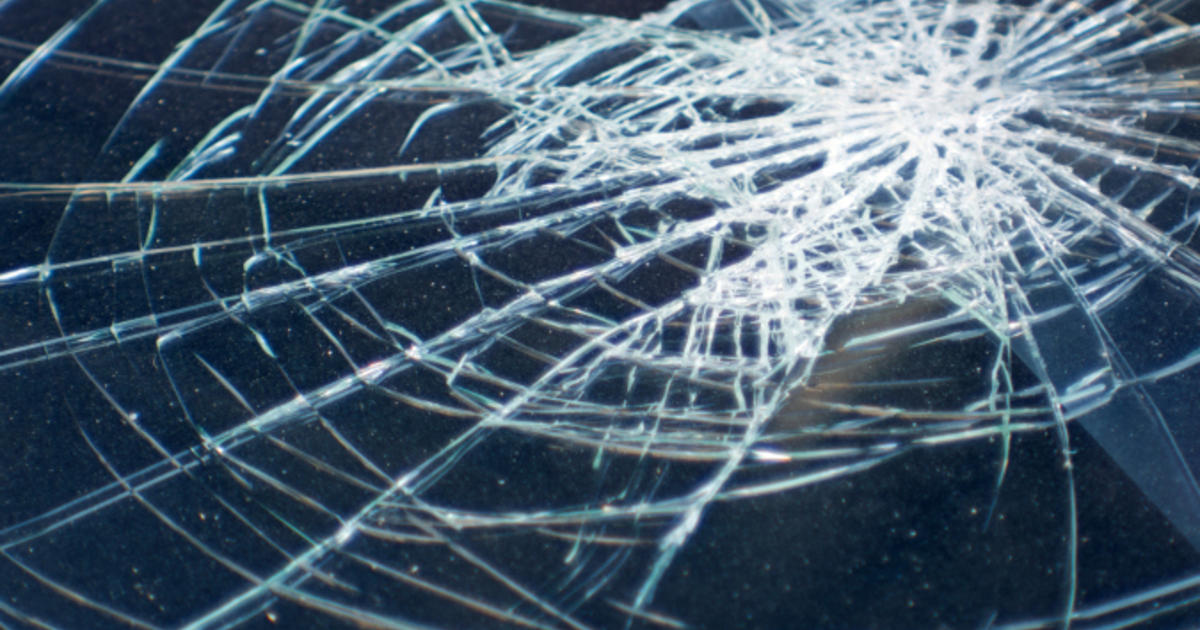Ben and Kristi Reavis were stopped in traffic on a Dallas area expressway on the way home from church in September 2016. Their two kids, 3-year-old Owen and 5-year-old Emily, were in the back, in their car seats, when an SUV slammed into the back of their 2002 Lexus sedan at 45 mph. As a crash test simulating the crash and used during the trial shows, the front seats collapsed, sending Ben and Kristi head first into their own children. Both kids suffered lasting traumatic brain injuries.
"Our children are hurt forever. We just we can't imagine this happening to any other families," Kristi said with tears streaming down her face.
In a statement, Toyota said it respects the jury's more than $242 million verdict but remains "confident that the injuries sustained were the result of factors specific to this very severe collision, not a defect in the design or manufacturing."
"I think the jury pretty much understood that the only way you were going to get any movement here was to get Toyota's attention or any other car makers," attorney Frank Branson said. "Toyota testified in this matter that they had known since the '80s."
Branson showed the jury parts of our CBS News investigation including a 2016 report where a jury awarded the Rivera family more than $124 million for a similar crash that left their son with brain damage.
"I am angry that I feel like we were never given the chance to make the decision for ourselves," Ben Reavis said, adding, "I wish I had seen that piece six months before our accident happened because I would have started asking questions about my own car."
Our investigation identified more than 100 cases where seatback collapses resulted in serious injuries or death, mostly to children in the backseat. That's despite meeting or exceeding federal standards for seat strength that date back to 1967 — standards even a banquet chair can pass.
"It is time to step forward, step up, stand up, make a decision. This is unacceptable," Kristi Reavis said.
Because of our investigation, several members of Congress have called on the National Highway Traffic Safety Administration (NHTSA) to change the seatback strength standard. The agency has consistently maintained it lacks sufficient evidence to take action, but has also acknowledged seatback collapse is likely under-reported. NHTSA still recommends the backseat as the safest place for kids.
Toyota tells us it's still considering its next step in the case. We reached out to NHTSA over the weekend, but did not get a response.
